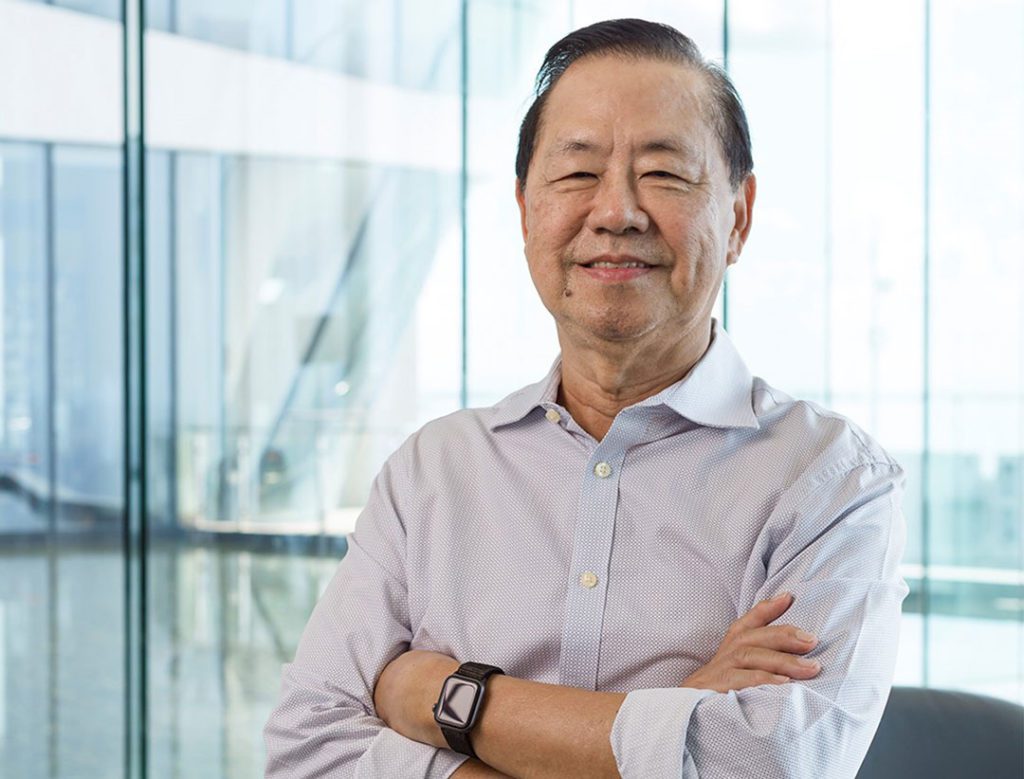
Business people who were affected by the COVID-19 pandemic and employees retrenched by companies trying to be operationally efficient need a way to earn substitute income. Those who want to help their spouses, as well as those needing to save money for healthcare or emergency contingencies are other viable target markets who can benefit from starting a multi-level marketing (MLM) distributor business, also known as Network Marketing.
The value proposition upsides of MLM? There are a lot to mention, such as:
- No rent
- No payroll
- Like-minded downlines (your recruits and recruits of your recruits) getting paid based on results
- No large capital necessary
- No qualifications required by corporate like minimum education degree, age, or work background
- No territory limit within the Philippines
- No franchise fee unlike franchising business
- One can start immediately after training by different uplines (the person who recruited you and those ahead of your recruits) who will also act as mentors and coaches
- One can do prospecting and demo through social media and videoconference
- One can get discounts from personal purchase
- One can earn not just from personal sales but also from the personal sales of your recruits, which helps determine one’s real worth rather than the worth of the job
- A high psychic reward when one sees own downlines succeeding
The big idea is simple. Instead of companies paying a large amount to traditional distributors and wholesalers, and allocating another budget for mass media advertising, MLM companies reallocate trade margins and advertising for MLM compensation payoff, a win-win proposition between the company and their MLM independent distributors, who serve as both distribution channel as well as communication channel. Different products would then have different percentages of compensation payout, quite similar to what would have been spent in the more traditional way of distribution and advertising. For instance, beauty care products pay more in MLM compensation because the advertising spend in traditional store retailing is a lot more than appliances, but it also has a lot more established and quality brands sold at very competitive prices in stores.
To exploit a large payout, MLM distributors need to create and maintain a pipeline of qualified prospects, spend the required time and effort to do the business of both selling products and sponsoring others to do the business, and have people and leadership skills to convert newcomers into successful distributors in a duplicable manner. Most legitimate MLM companies in the Philippines do not grant credit to its distributors. Waters Philippines is an exception.
MLM companies have low entry barriers with either free or low registration fees, and low exit barriers with specific product return policy defined. If there are high entry fees and no return policy, avoid joining these companies as they may be disguising themselves as legitimate MLM organizations but are either pyramiding schemes or selling unregistered investments (business centers where one can sign up and pay multiple times) which are illegal and unsustainable.
The idea of MLM grew with increasing computerization, changing lifestyles, as well as the decision of Fair Trade Commission (FTC) in the United States declaring the stair step breakaway compensation plan in MLM legitimate in 1979.
I have written about legitimate MLM, as well as illegal pyramiding and unregistered investment many times and readers are requested to check my past articles with extensive explanations, including the 8-point test. In particular, I recommend these posts:
- Identifying Pyramiding Scams
- Q&A with SEC Chair Emilio B. Aquino on Identifying Pyramiding and Unregistered Investment Scams
- Beware of Binary-Type Pyramiding
*****
See more articles on Multi-Level Marketing.


